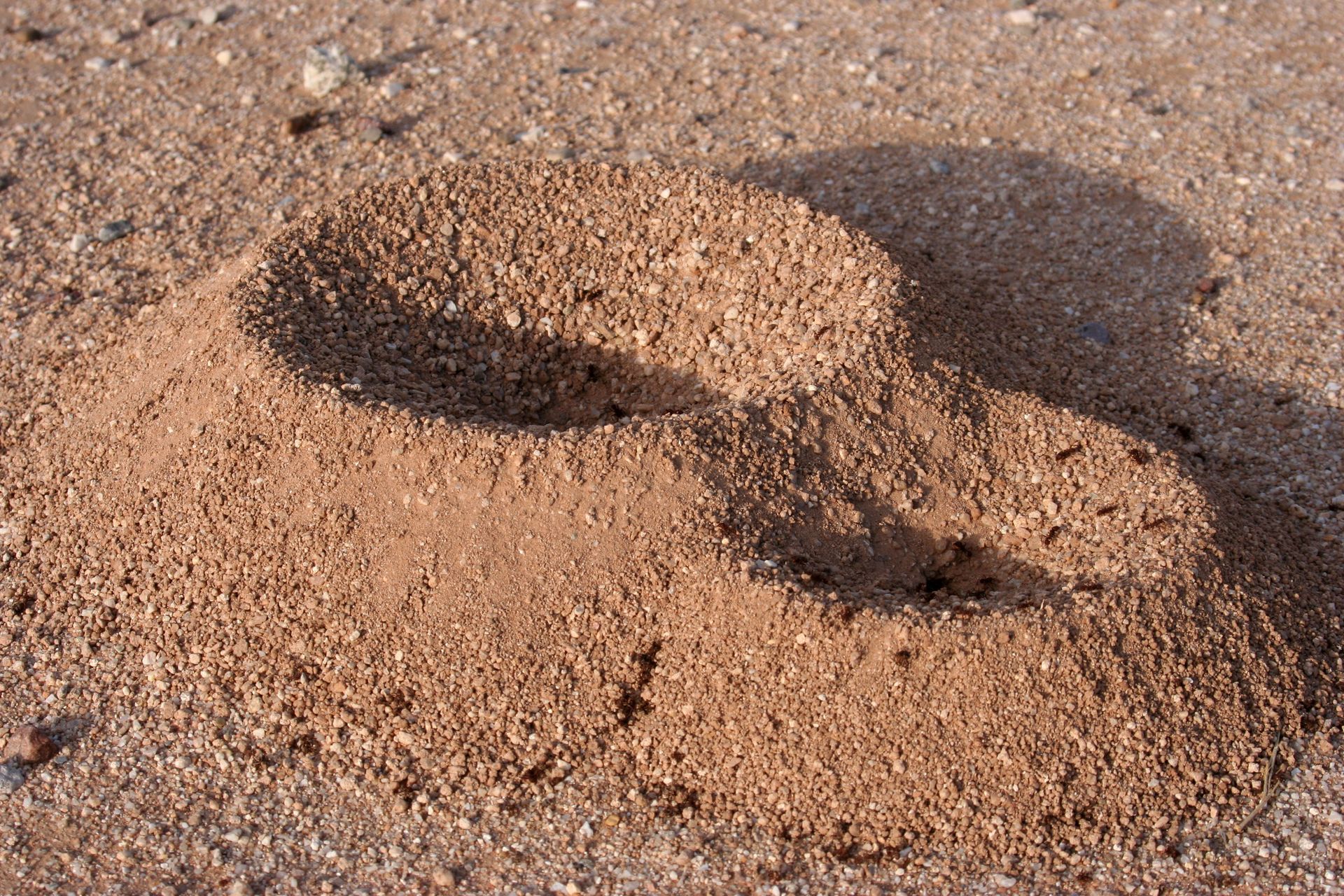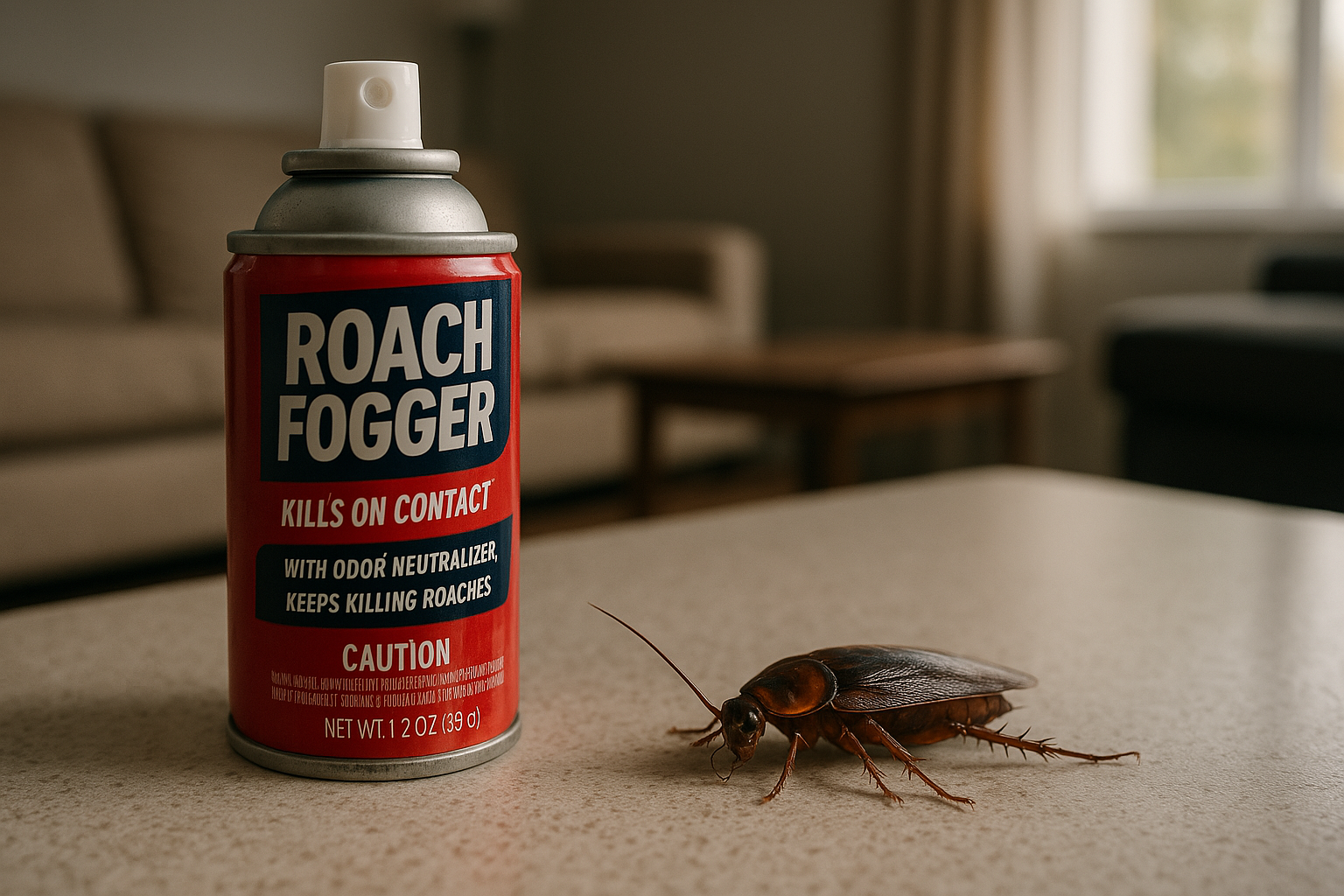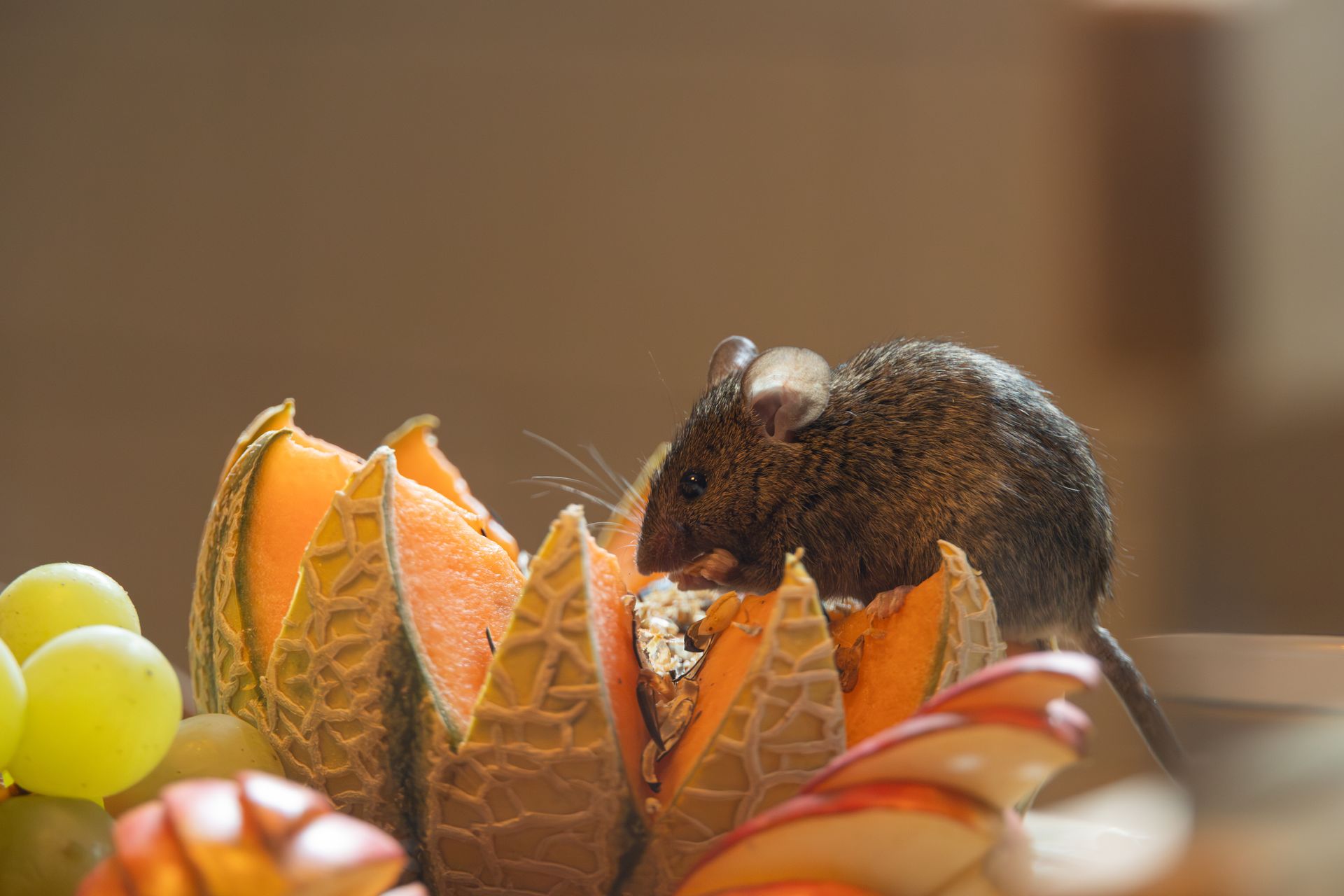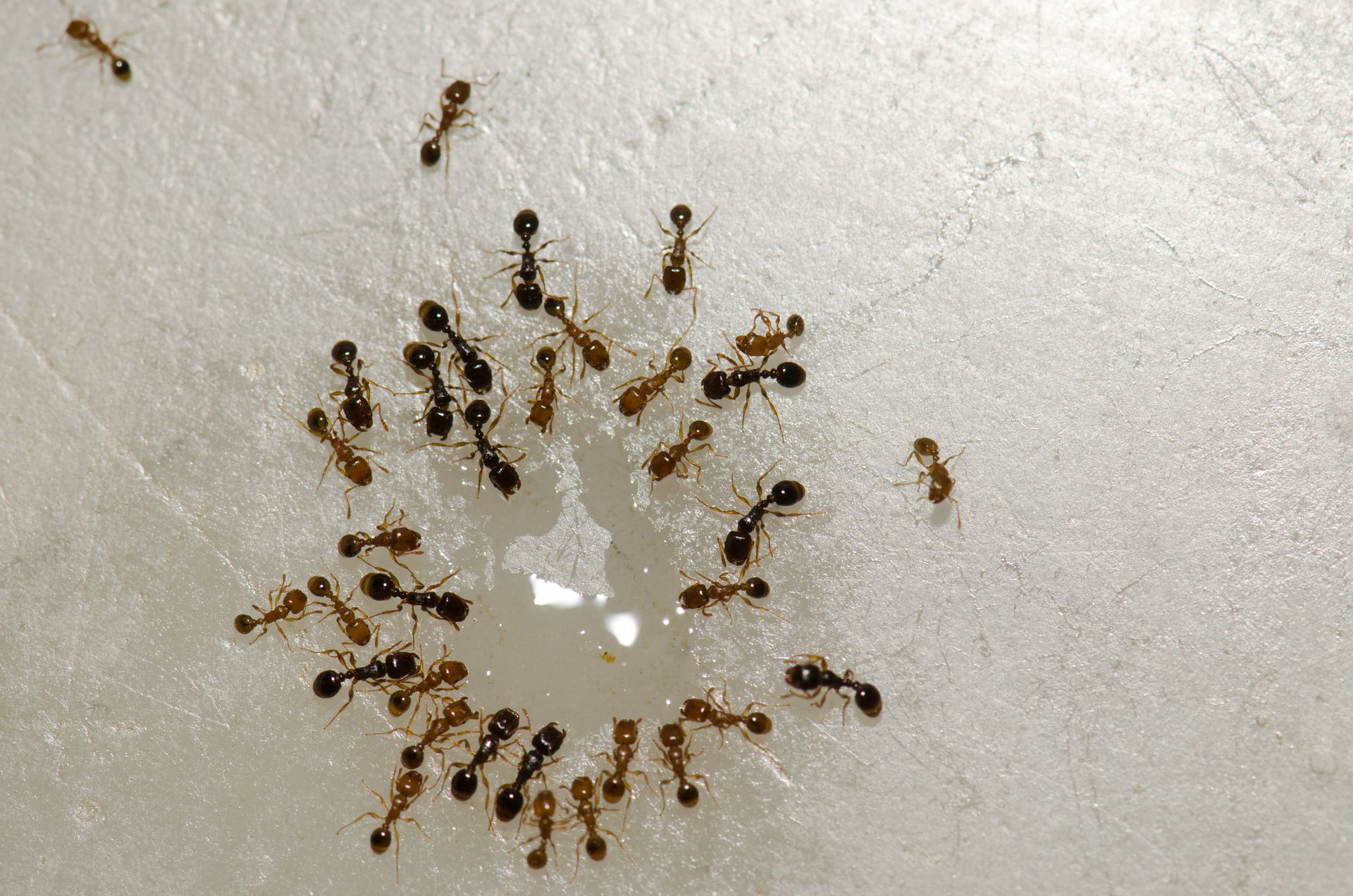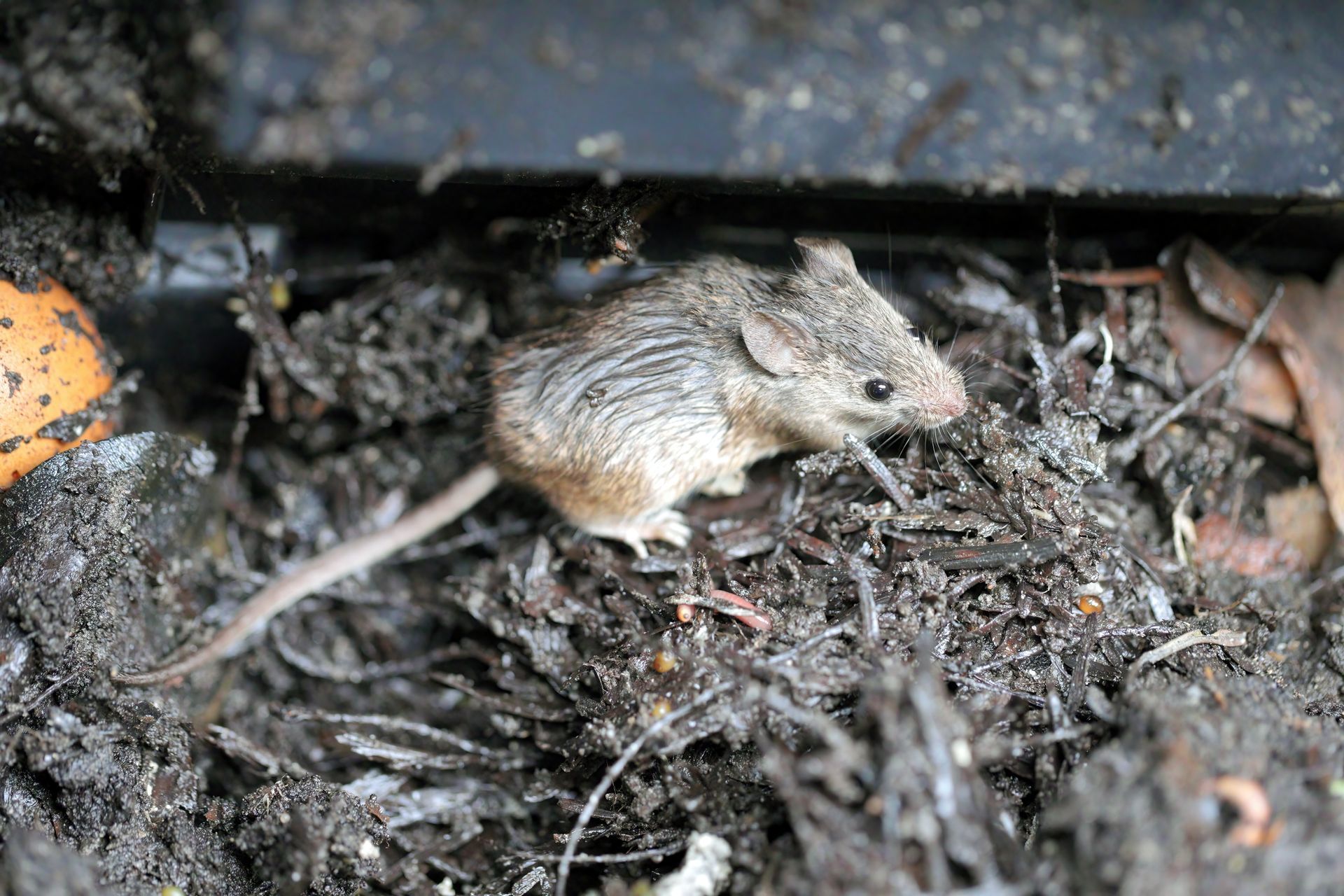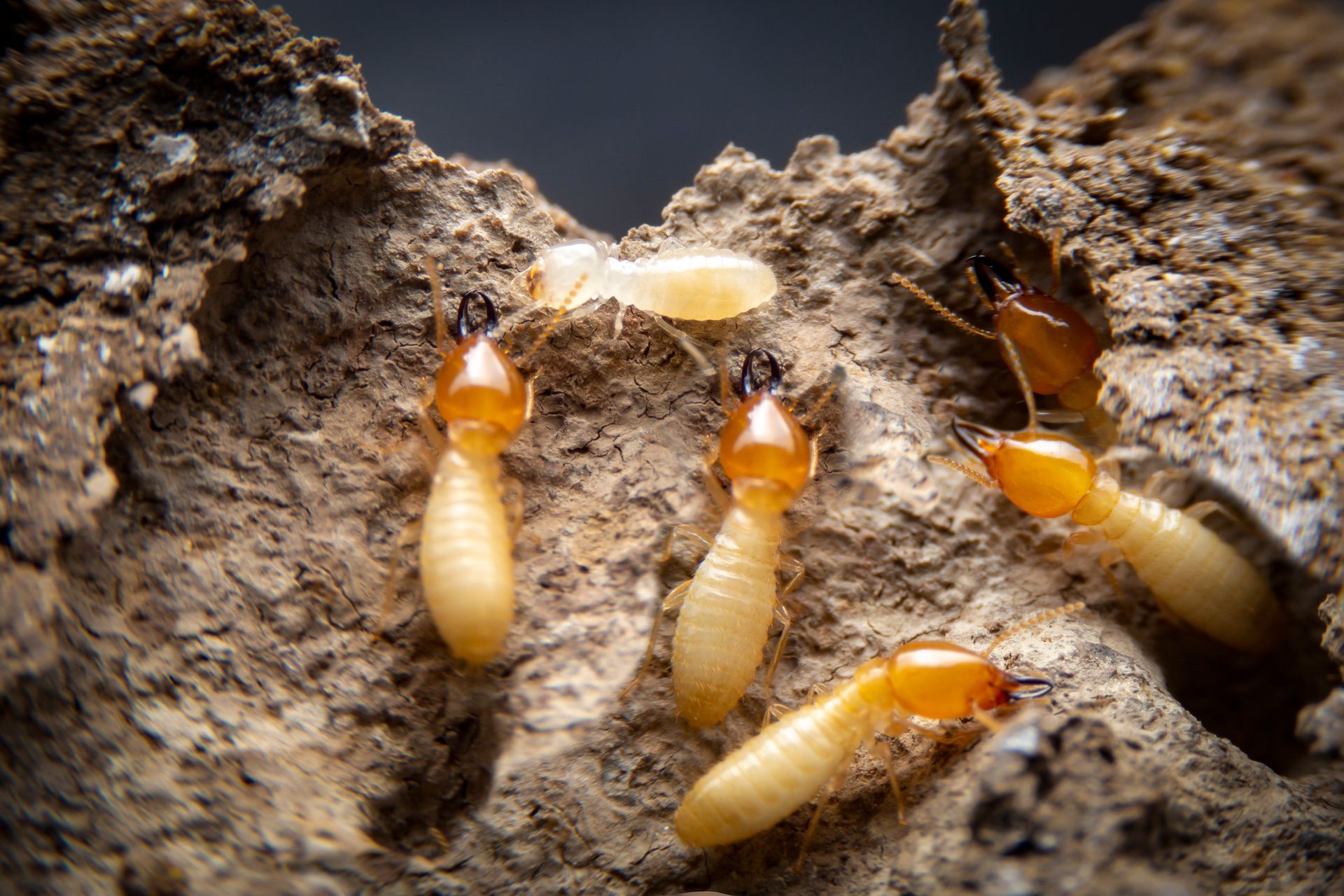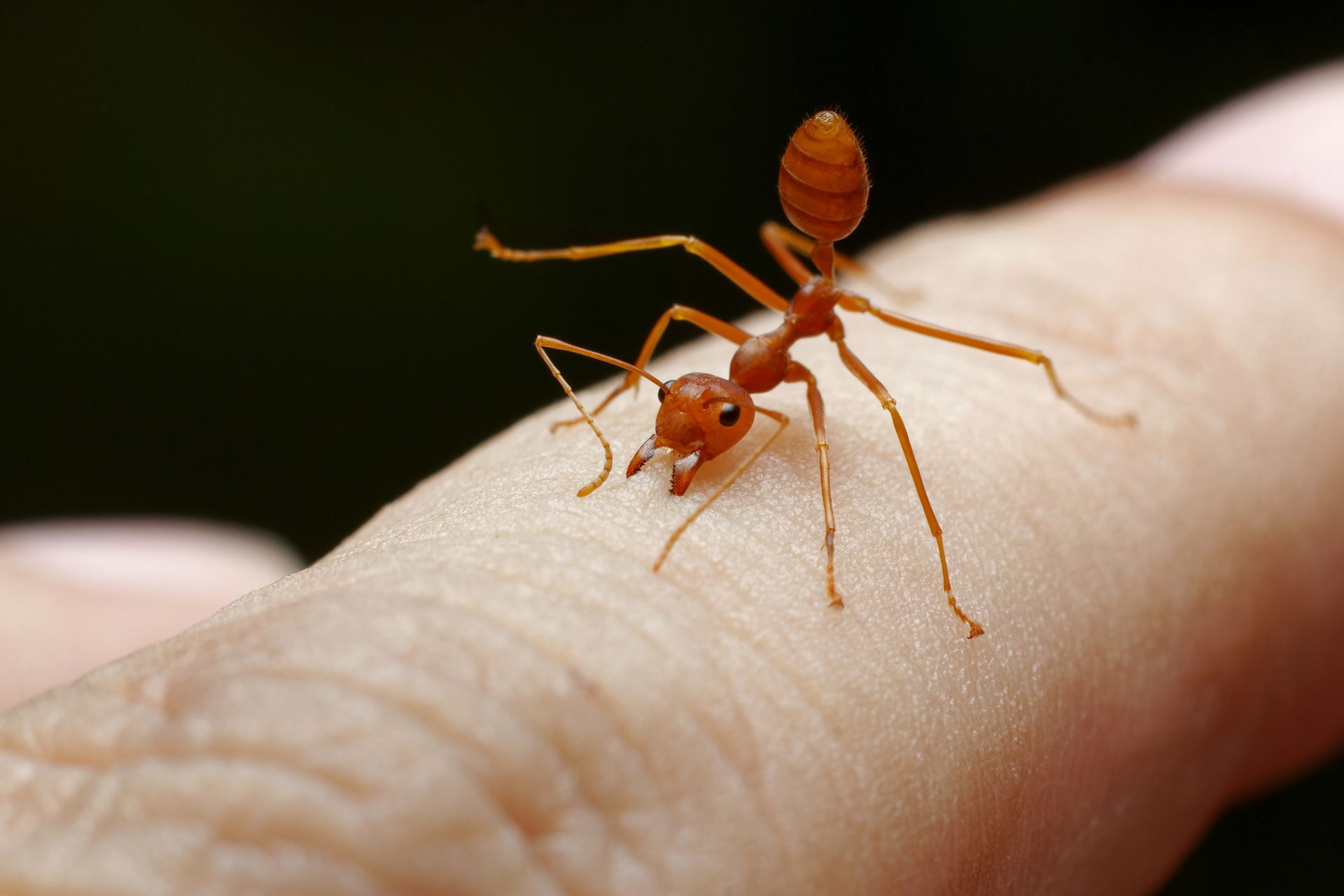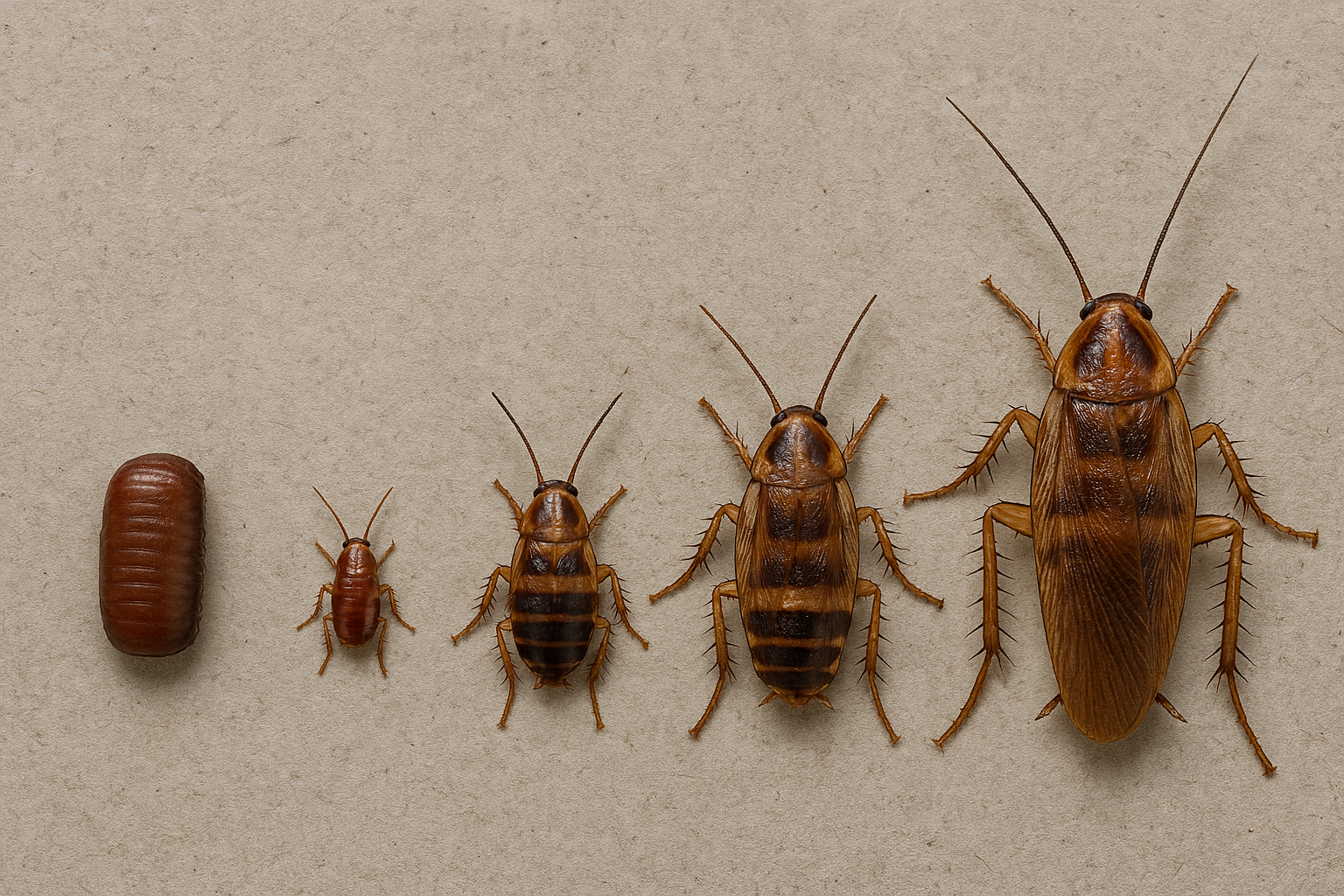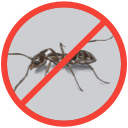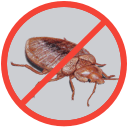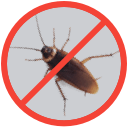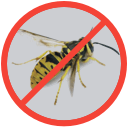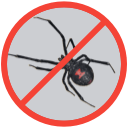Do Termites Bite People?
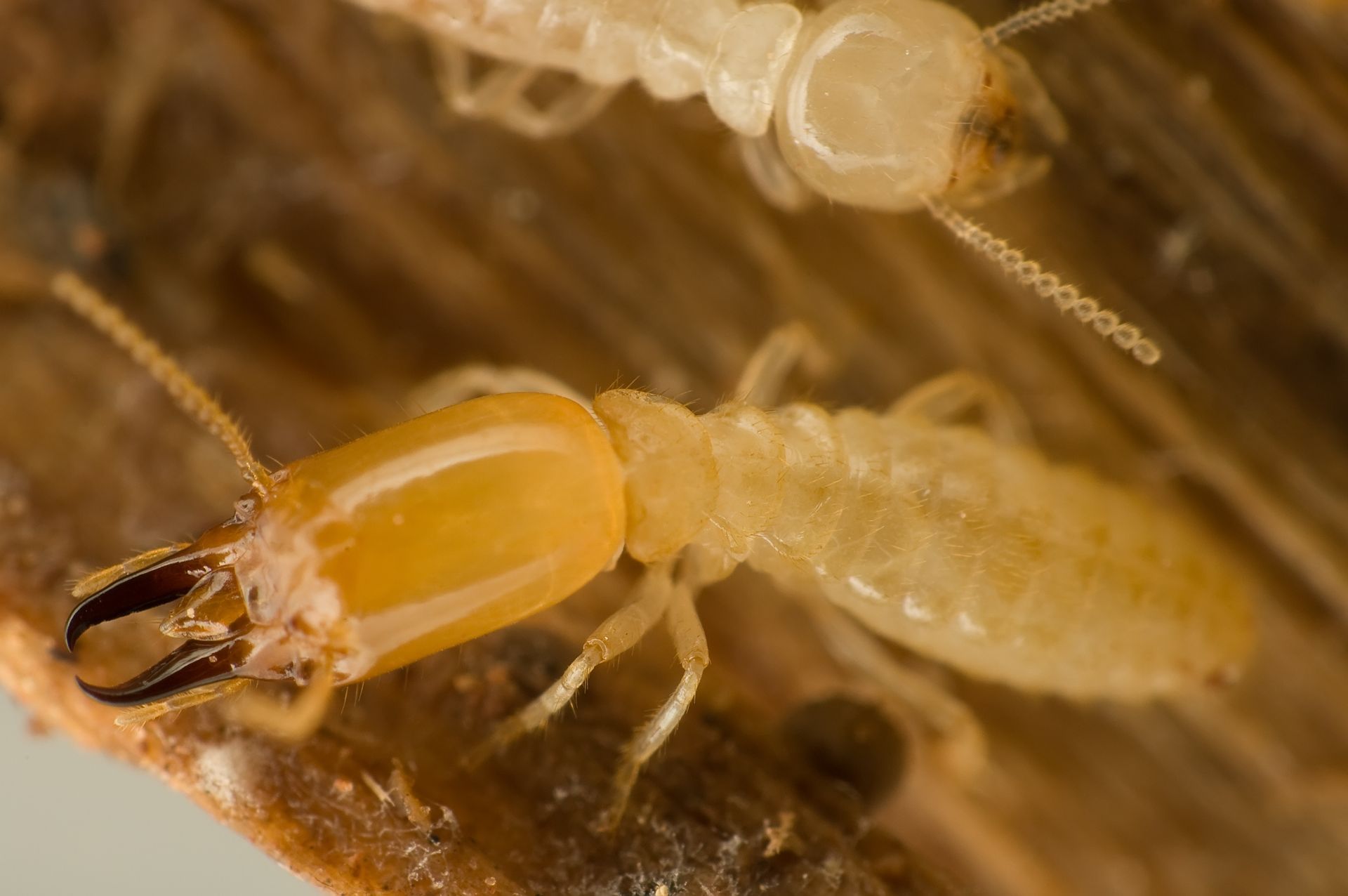
Termites might be notorious for causing significant damage to homes, but they are not typically a direct threat to humans. It is an extremely rare occurrence for a termite to bite a human as they spend most of their lives concealed within the wood they consume. If a termite bite does occur, it would most likely be done by the soldier caste within a termite colony as they are the designated protectors of the colony and its queen. Their primary purpose is to fend off invaders like ants or rival termite groups which rarely puts them at odds against humans. However, if a human were to disturb the inner chambers of a termite colony, the soldier termites would likely attempt to defend against the threat, no matter what form it takes. While there have been rare instances of termite bites on humans, such occurrences are exceptionally uncommon. If someone does experience a termite bite, it's generally mild and can be managed at home without medical intervention.
What Are Termites?
Termites are colony-dwelling insects with appetites for cellulose found in wood and other plant-based materials. These invertebrates vary in color from white to light brown and are characterized by their six legs, thick waists, and straight antennae. While they are not typically a direct threat to humans, their potential to inflict significant structural damage to homes and buildings is extremely problematic. The termite family is diverse with around 2,600 species globally. In the United States, the 3 most common types are the subterranean, dampwood, and drywood termites. These insects thrive in every U.S. state except Alaska and inhabit both man-made structures and natural environments like forests.
Can Termites Bite Humans?
Termites are primarily known for their wood-consuming habits and are not typically aggressive towards humans. Soldier termites possess the ability to bite due to their more developed mandibles, but they are designed to fend off threats like ants and other termites. Interactions with humans are rare and as such, instances are termite bites are even more rare. In the unlikely event a human is bitten, it's often because an individual has disrupted a termite colony during repairs or demolition, causing the soldier termites to defend the colony against the threat. However, termite bites are so minor that it won't leave a mark.
Why Would a Soldier Termite Bite You?
Soldier termites are distinguished by their large, bulbous heads and sharp mandibles. They play a pivotal role in defending their colonies from potential threats. Their primary function is not to consume wood but to safeguard the colony from predators like ants and competing termite colonies. These termites possess powerful jaws which they utilize to fend off any perceived dangers. While it's rare for a soldier termite to bite a human, it's not entirely impossible. Typically, a bite might occur if a human inadvertently poses a threat to the nest or handles the termite directly. In such cases, the bite might feel like a noticeable pinch due to the termite's strong jaws. However, as long as termites are left undisturbed the risk of a bite is minimal.
Would Winged Termites Bite You?
Winged termites are known as reproductives or flying termites and they play a crucial role in the termite life cycle. Their primary purpose is to swarm, mate, and establish new colonies. Unlike the soldier or worker termites, the winged termites’ primary focus isn't defense or foraging. Its only purpose is to focus on reproduction and colony expansion. Since their focus is not on defense, bites from flying termites are almost unheard of. Flying termites take flight when environmental triggers like changes in temperature or humidity occur or when their original colony faces disturbances. If you observe large swarms of these termites in or around your home, there’s very little risk of being bitten but it's a strong sign of the start of an infestation or an active infestation. If flying termites are seen, professional pest control is recommended.
If it Wasn’t a Termite Bite, What Was It?
If you suspect you've been bitten by an insect but are unsure if it's a termite, it's essential to consider other possible biting insects. Termite bites are exceptionally rare, so it's much more likely that another insect is responsible. Common biting insects include:
- Ants
- Mites
- Bed bugs
- Fleas
- Mosquitoes
- Lice
- Spiders
Each of these pests has distinct bite patterns and symptoms so identifying the source can help in managing the bite.
What Would a Termite Bite Look Like?
If a termite were to bite you, the bite most likely wouldn’t pierce the skin and it might result in the bite manifesting as a small red bump on the skin. In a worst-case scenario situation, there may be an allergic reaction that results in the affected area becoming swollen, itchy, and raised. These symptoms would most likely subside within 1-3 days. It's important to differentiate a possible termite bite from other insect bites because many other pests will cause more pronounced reactions on the skin. Other insect bites might result in redness, swelling, irritation, itchiness, and pain. With more severe reactions, it’s highly unlikely the bite was from a termite. However, if you're uncertain about the origin of a bite or if the symptoms persist or worsen, seeking an accurate diagnosis and appropriate treatment is recommended.
What Should You Do If You Get Bit by a Termite?
If you believe you've been bitten by a termite, there's generally little cause for concern as they are not known to transmit diseases. However, to manage any discomfort or potential reactions, follow these steps:
- Clean the affected area thoroughly using soap and water to prevent any potential infections.
- If there's pain associated with the bite, apply a cold compress to alleviate discomfort.
- Monitor the bite site for any signs of swelling or adverse reactions.
- If itching occurs, consider using an anti-itch cream to soothe the skin.
Are There Risks if You Get Bitten by Termites?
Termite bites are rare, and any reactions are typically mild due to the insect's small size and limited biting capability. A termite bite might result in a red welt or cause temporary discomfort, but it doesn't pose any severe health risks. Unlike some other insects, termites are not known to transmit diseases. However, as with any insect bite, there's a small chance of infection if the bite site isn't properly cleaned and cared for. It's essential to monitor the affected area and seek medical attention if symptoms like fever, rash, or worsening pain develop. While the direct health risks of termite bites are minimal, the structural damage they inflict on properties is far more concerning as they can lead to substantial costs for repairs and challenges in eradication.
What are the Main Risks of Termites?
Termites pose minimal direct health risks to humans, but they do present a significant threat to homes and buildings. These insects thrive in large colonies and have an insatiable appetite for wood and cellulose-based materials. Their primary danger lies in their ability to silently consume the wood in a building and weaken its structural integrity. Over time, unchecked termite infestations can lead to severe structural damage which can render homes unsafe and require costly repairs to stabilize. This damage can encompass everything from the home’s foundation, walls, and floors to even items like carpets. This makes termites’ potential to compromise the safety and value of one’s home substantial.
What Attracts Termites?
Termites are primarily attracted to homes and structures that are made of wood. This is because materials that are made with or contain cellulose are the primary staple in a termite’s diet. There are several other factors that can also increase the risk of termite infestations. These include:
- Structures that are in direct contact with or near soil: Being next to soil gives subterranean termites access to a structure as they live primarily underground and will link their colonies to wooden structures using mud tubes.
- Unsealed or untreated wood surfaces: Wooden structures that are made with treated or sealed wood are not ideal for termites as they prefer to eat wood that doesn’t contain chemicals.
- Excessive moisture: Like all living creatures, termites need water to survive. Water can also cause wood to rot which makes it easier to consume.
- Access points: When flying termites swarm, they will look for easy ways to access wooden structures. These could be cracks, gaps, and even open windows.
- Exterior trees and wood sources: Trees, fences, and wood piles provide an area for termites to infest first before moving on to your home when these resources run dry.
Regular inspections, either personally or by hiring a professional exterminator, can help in early detection and prevention of termite infestations.
How to Get Rid of Termites
Eliminating termites requires a strategic approach that involves both preventive and direct measures. Applying residual pesticides as barriers around the property can deter termites from accessing structures while specific treatments target existing infestations. Chemical treatments are effective and can be applied around the entirety of a property directly to the lawn to target subterranean termite colonies. Given the complexity and potential recurrence of termite issues, enlisting a pest control expert is recommended. They can provide comprehensive solutions tailored to the specific infestation and ensure the long-term safety of your home. Regular inspections are also crucial to detect and address any new termite activity.
How to Prevent Termites
Preventing termite infestations is crucial to safeguarding the structural integrity of your home. To minimize the risk of these pests, consider the following measures:
- Be sure to seal or treat wood structures during construction to deter termites from eating the wood.
- Create water drainage around your property to prevent water accumulation and flooding near your home. Moisture attracts termites and can potentially cause wood to soften and rot which is preferential to some termite species.
- Utilize a concrete foundation barrier when building a home to maintain a gap between the wood and soil to minimize the likelihood of a subterranean termite infestation.
- Refrain from stacking firewood or other wood materials close to your home because these can serve as a bridge for termites to your structure.
- Ensure that all cracks, gaps, and access points are sealed off to prevent termite swarms from taking advantage of easy access to wooden food sources.
- Treat fences and any outdoor wooden structures with the appropriate sealant or pesticide to deter termite activity.
- Regularly invest in professional pest control services for termite inspections, ensuring early detection and intervention.
- Ensure land grading directs water away from your home and directs the flow towards roads or drainage systems.
By implementing these strategies, you can significantly reduce the likelihood of termite infestations.
Contact EcoGuard if You are Dealing with a Termite Problem
Dealing with termites can be a nightmare. By delaying adequate termite treatment, homeowners risk the structural integrity of their homes. It's important to trust the experts who understand how to exterminate termites effectively and efficiently. EcoGuard Pest Management offers customized solutions tailored to your specific termite problem. With a proven track record and a deep understanding of termite control, we ensure your termite issue will be completely eradicated. We also offer preventive measures to keep termites at bay in the future. Don't let termites compromise the safety and value of your property. Contact EcoGuard Pest Management today to schedule a termite inspection.


